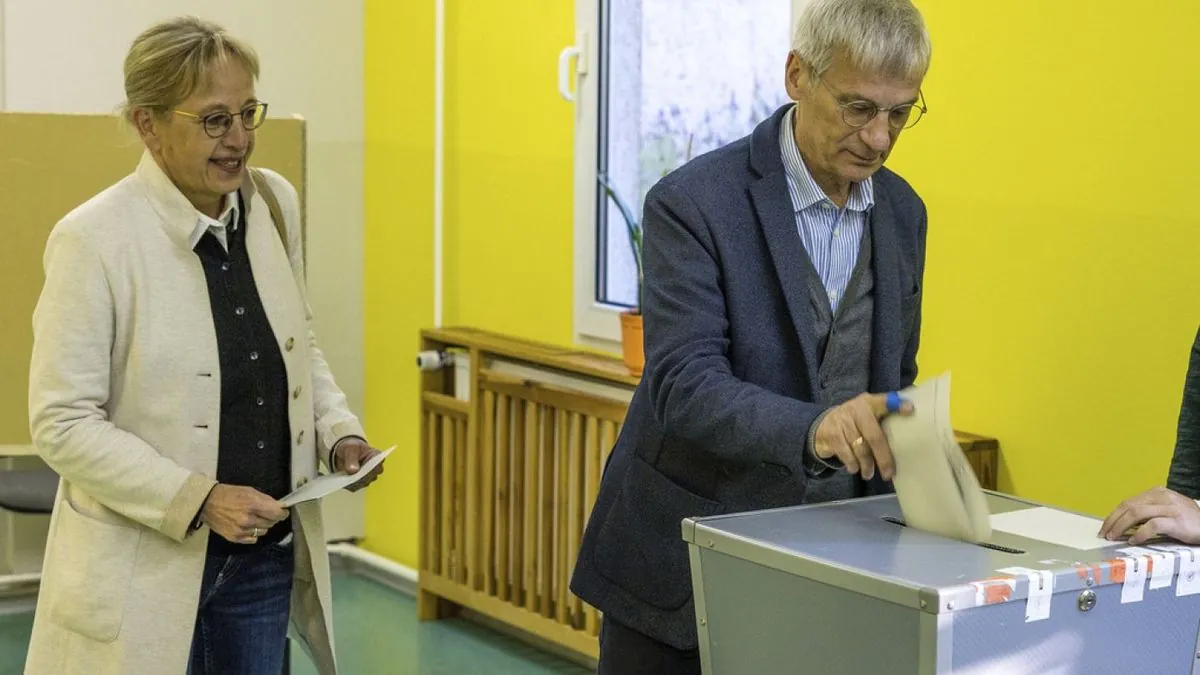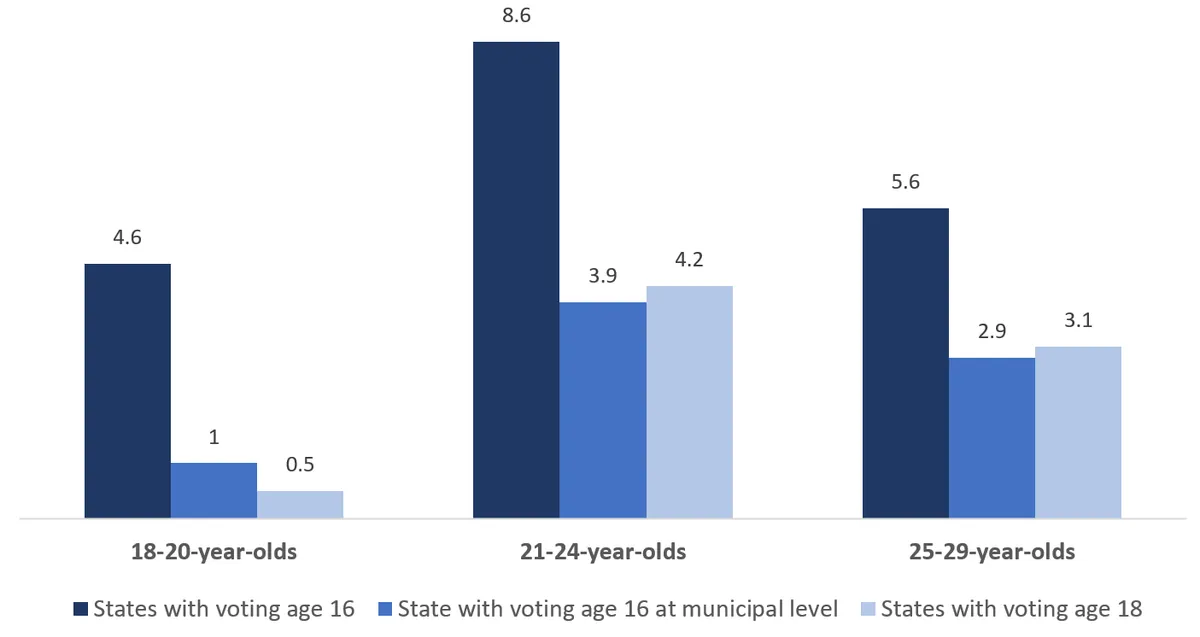SPD Narrowly Defeats Far-Right in Brandenburg Election
Chancellor Scholz's SPD wins regional vote in Brandenburg, fending off far-right AfD. Victory driven by tactical voting, but challenges remain for Scholz's leadership and coalition stability.

In a closely watched regional election held on September 23, 2024, Olaf Scholz's Social Democratic Party (SPD) secured a narrow victory in the eastern German state of Brandenburg. The SPD, which has governed Brandenburg since German reunification in 1990, managed to maintain its hold on power despite strong competition from the far-right Alternative for Germany (AfD) party.
The election results showed the SPD winning 30.9% of the vote, while the AfD secured 29.2%. This outcome represents a significant shift in the political landscape since the last Brandenburg election in 2019, with the AfD gaining 5.7 percentage points. The election saw a record turnout of 72.9%, highlighting the heightened interest in this regional contest.

Despite the SPD's victory, the election revealed underlying challenges for Chancellor Scholz and his party. Exit polls indicated that three-quarters of SPD voters cast their ballots strategically to prevent an AfD win, rather than out of conviction for the SPD's policies. This tactical voting pattern underscores the complex political dynamics at play in eastern Germany.
The AfD's strong performance, despite not winning the election, signals its growing influence in German politics. Founded just 11 years ago in 2013, the party has capitalized on concerns about immigration, economic challenges, and Germany's role in supporting Ukraine against Russian aggression. This trend is part of a broader shift in the German political landscape, where the traditional dominance of the SPD and CDU/CSU is being challenged.
Brandenburg's SPD Premier Dietmar Woidke notably distanced himself from Chancellor Scholz during the campaign, criticizing federal policies and avoiding joint appearances. This strategy reflects the broader debate within the SPD about Scholz's leadership and his suitability to lead the party into the 2025 federal election.
The election results have also highlighted tensions within the federal "traffic light coalition," named after the party colors of its members. The Greens, founded in 1980, failed to reach the 5% threshold required for parliamentary representation, while the Free Democratic Party (FDP), established in 1948, received less than 1% of the vote. These poor performances have led to calls for a reevaluation of the coalition's direction.
"Either the traffic light coalition shows that it can draw the necessary conclusions from these elections, or it will cease to exist. This is a matter of a few weeks. We won't wait until Christmas. We can't put the country through that."
Despite these challenges, political analysts suggest that an immediate collapse of the federal government is unlikely. The coalition parties, currently polling at around 30% combined, would stand to lose in snap elections. This situation reflects the complex nature of Germany's multi-party system and the challenges of maintaining stable coalitions in a changing political environment.
As Germany, the largest economy in the European Union with a population of approximately 83 million, navigates these political shifts, the Brandenburg election serves as a microcosm of the broader challenges facing the country. The rise of the AfD, the tactical voting patterns, and the strains within the governing coalition all point to a period of political uncertainty as the nation looks ahead to the 2025 federal election.

The outcome in Brandenburg, while a victory for the SPD, has intensified discussions about the future direction of German politics. As a founding member of the European Union and a key player on the global stage, Germany's political stability and policy choices have far-reaching implications. The coming months will be crucial in determining whether Chancellor Scholz and his coalition can address the concerns highlighted by this regional election and chart a course that resonates with voters across the country.


































